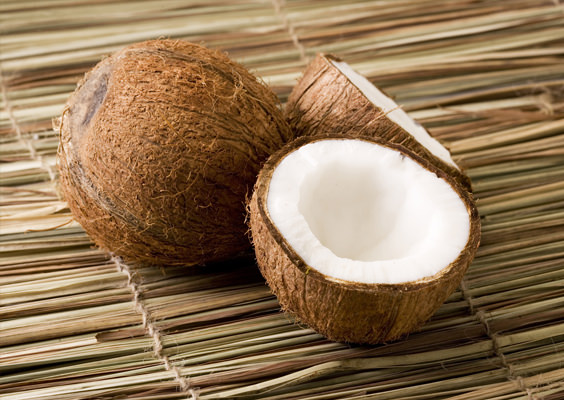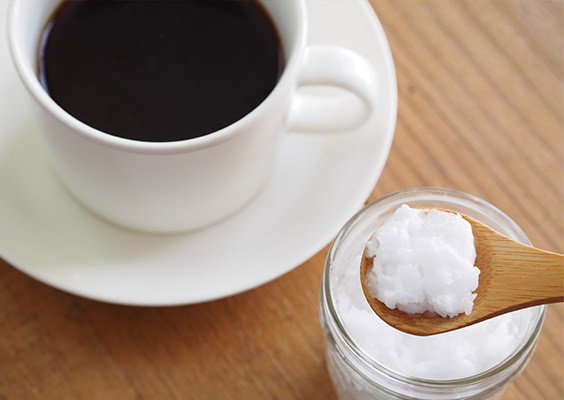
I’m writing this letter to you from my home away from home in Kampala, Uganda. But even here, in the heart of Africa, there’s talk of NFL football and the Super Bowl.
If Tom Brady gets to the “big game” again, he’d become the only athlete to play in seven Super Bowls. At 38 years old, he’s already a four-time Super Bowl champion — a phenomenal accomplishment.
Brady’s got good DNA and talent. No question. But his success — and his supreme physical condition — is also the result of a powerful Paleo diet. He’s said as much himself.
Tom Brady’s food choices are aimed at reducing inflammation, allowing him to perform better on the field.
He sticks to:
- Organic fruits and vegetables;
- Grass-fed steaks;
- Wild salmon;
- Pastured poultry.
He also has another dietary secret, which I’ll reveal to you in just a minute. It’s a special kind of cooking oil I recommend to my patients as part of my primal nutrition plan, because it has a long list of proven health benefits.
Brady has already caught some media flak as a vocal critic of junk food. He’s even labeled Coca-Cola, Frosted Flakes and sugar as “poison.”
Whether he’s getting ready for a big game or going on vacation, the star quarterback doesn’t eat any foods containing sugar, white flour, gluten, MSG, iodized salt or canola oil.
And for cooking, his personal chef uses only coconut oil.

This is a great cooking choice, because coconut oil is a natural saturated fat. I use it myself at home.
Many in mainstream medicine still think coconut oil is unhealthy because it’s a saturated fat. But numerous studies reveal that coconut oil improves your levels of heart-healthy HDL cholesterol, brain function and energy metabolism. It’s also an immune system booster, and a healthy
and safe weight-loss aid.You see, coconut oil has a very stable chemical structure. That means it doesn’t break down when it hits high heat. Other vegetable or cooking oils can produce harmful by-products like trans-fats when heated or reused.
The key to coconut oil’s health benefits is that it contains a unique kind of fat called medium-chain triglycerides or MCTs.
The two MCTs in coconut oil — capric and lauric acid — are very rare. They are only found in human breast milk, cow and goat’s milk, and coconut and palm kernel oils (which is not the same as palm oil).
These MCT oils have been found to boost cognitive performance in older adults suffering from brain-function disorders like Alzheimer’s disease — and not after months or even days of treatment, but after a single 40 ml dose.1
Unlike longer-chain fatty acids, MCTs in coconut oil are tiny enough to enter your cells’ mitochondria directly. That means your cells use the fat from coconut oil for energy instantly, instead of storing it for later use.
That can lead to more fat burning and weight loss. In one Chinese study, women switched some of the fats in their diet to MCT fats. After just eight weeks, the MCT group lost weight — and inches of fat — from their bodies.2
The women didn’t diet. They didn’t exercise more. All they did was replace one kind of fat with another.
And in a Canadian study, researchers looked at a group of overweight men. Eating more MCTs put their metabolism into high gear. In just four weeks, they lost an average of about 2.5 pounds. Again, the only change they made was swapping out unhealthy fats for MCTs.
And a recent Brazilian study showed that just two tablespoons a day of coconut oil can help shrink your waistline by an inch in only one month.4

One of the MCTs, lauric acid, also boosts your immune system, helping you fight off viruses, fungus and bacteria.
And another study in the Journal of Nutrition put 25 women on three different diets. The diets were either high in coconut oil, or low in fat with small amounts of coconut oil, or high in polyunsaturated fats. Each diet lasted three weeks. The highest increase in HDL was when the women ate the high fat, coconut oil diet.5
It’s easy to see now how Tom Brady stays lean, sharp, focused and energized.
When I was in Jamaica, my friend Rasta showed me how to cook up a cauldron full of coconut oil. You don’t have to do that. All health food stores and even some conventional markets now carry coconut oil. But be careful.
Some brands are refined, bleached, and deodorized with chemicals. Look for unrefined virgin coconut oil. It will be solid at room temperature.
You can use coconut oil to replace vegetable oils, and even olive oil in recipes. I use it for frying, pan-searing, and sautéing. I find the flavor very mild and don’t really taste the coconut in most recipes.
I also like to add a tablespoon or two of coconut oil to my protein smoothie in the morning. Or add it to a cup of coffee or tea.

Taking three to four tablespoons a day of coconut oil will boost your immune system, help burn fat, give you more energy, and support your heart and brain.
You can also take coconut oil as a supplement. They come in gel caps and are convenient if you’re traveling or don’t have time for a smoothie.
To Your Good Health,

Al Sears, MD, CNS
1M Reger, S Henderson, et al. “Effects of beta-hydroxybutyrate on cognition in memory-impaired adults.” Neurobiol Aging. 2004 Mar;25(3):311-4.
2Xue, C., et al, “Consumption of medium- and long-chain triacylglycerols decreases body fat and blood triglyceride in Chinese hypertriglyceridemic subjects,” Eur J Clin Nutr. 2009; 63(7): 879-886.
3St-Onge, M.P. and Jones, P.J., “Greater rise in fat oxidation with medium-chain triglyceride consumption relative to long-chain triglyceride is associated with lower initial body weight and greater loss of subcutaneous adipose tissue.” Int J Obes Relat Metab Disord. 2003; 27(12): 1565-1571.
4Kai Ming Liau et al. “An Open-Label Pilot Study to Assess the Efficacy and Safety of Virgin Coconut Oil in Reducing Visceral Adiposity.” ISRN Pharmacology Volume 2011.
5Müller H et al. “A diet rich in coconut oil reduces diurnal postprandial variations in circulating tissue plasminogen activator antigen and fasting lipoprotein (a) compared with a diet rich in unsaturated fat in women.” J Nutr. 2003;133(11):3422-7.
